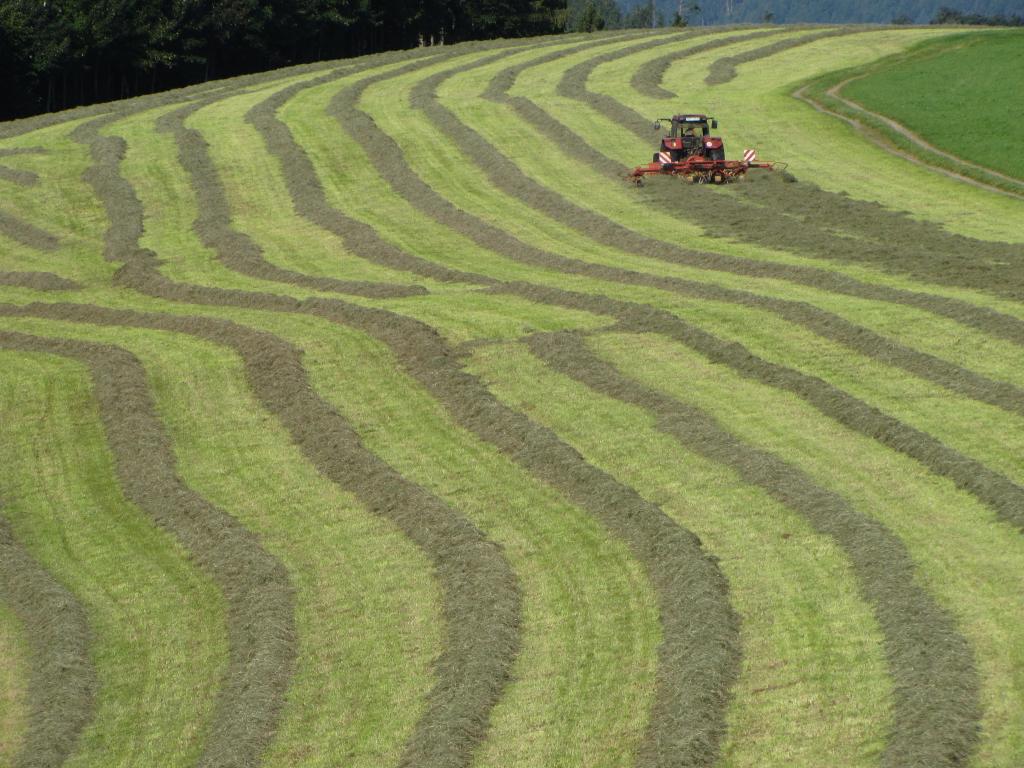Cuba policy has implications in unexpected places
Published 11:45 am Thursday, December 18, 2014

- Farming
OTTUMWA, Iowa — Iowa isn’t the first state you think of when the topic of the U.S. and Cuba comes up. But Wednesday’s announcement that the U.S. and Cuba will normalize relations could wind up giving Iowa a major boost.
Chalk it up to agriculture.
Bob Bowman said Iowa farmers stand to benefit, along with several other Iowa industries. And Bowman should know. He’s a DeWitt farmer, chairman of the Iowa Corn Promotion board and serves on the Corn Board of the National Corn Grower’s Association. He also has firsthand experience in Cuba.
“I was down there about five years ago along with Agriculture Secretary Bill Northey. They were begging us to expand trade. We couldn’t do that because of some of the restrictions our government placed on trade,” Bowman said. “This announcement, I’m excited. Iowa Corn is excited.”
It’s not just Bowman who is excited. Bob Stallman, president of the American Farm Bureau Federation, released a statement saying the bureau supports the decision to normalize relations.
“Improving trade relations between the U.S. and Cuba will expand access to a market of 11 million consumers for U.S. agriculture. That’s good for Cuba and good for America, too. We look forward to working closely with the administration on this issue.”
Why do farmers stand to gain so much? Cuba imports a large percentage of its food. That includes food from the U.S., which was allowed after some loosening of restrictions more than a decade ago.
A paper written in 2003 for Iowa State University’s Center for Agricultural and Rural Development, shortly after some restrictions were lifted, said Iowa could benefit more from increased Cuban trade than any other state aside from Arkansas and California.
And it’s not just crops. Bowman said Cuba needs agricultural equipment as well as equipment for raising livestock. That could boost businesses like Deere & Company, which has a major Iowa presence.
The U.S. — Cuba Trade and Economic Council, Inc., said corn was the third largest import from the U.S. in 2013, while soybeans came in fourth. In 2012, corn was second and soybeans third. Not all of that was used for human consumption. Animal feed is a major need for Cuba’s livestock. In both cases, though, Iowa produces what Cuba needs.
But Cuba-U.S. trade has not been easy since restrictions were loosened. Bowman said U.S. regulations currently require Cuban purchasers to pay in advance. And many purchases have to go through third-county banking systems. Those are hurdles. Once they’re removed, many experts believe trade will expand further.
Bowman thinks so, too. But he recognizes it will take time. Normalizing relations doesn’t mean trade issues evaporate. And, at least for now, the Cuban embargo will remain in effect.
Still, this is the most significant shift in American policy toward Cuba in more than a half-century. Iowa could be positioned very well to benefit from it.
“It means that we have another market. The nice thing is they’re a neighbor of ours,” said Bowman. “Cuba is a natural for us.”





